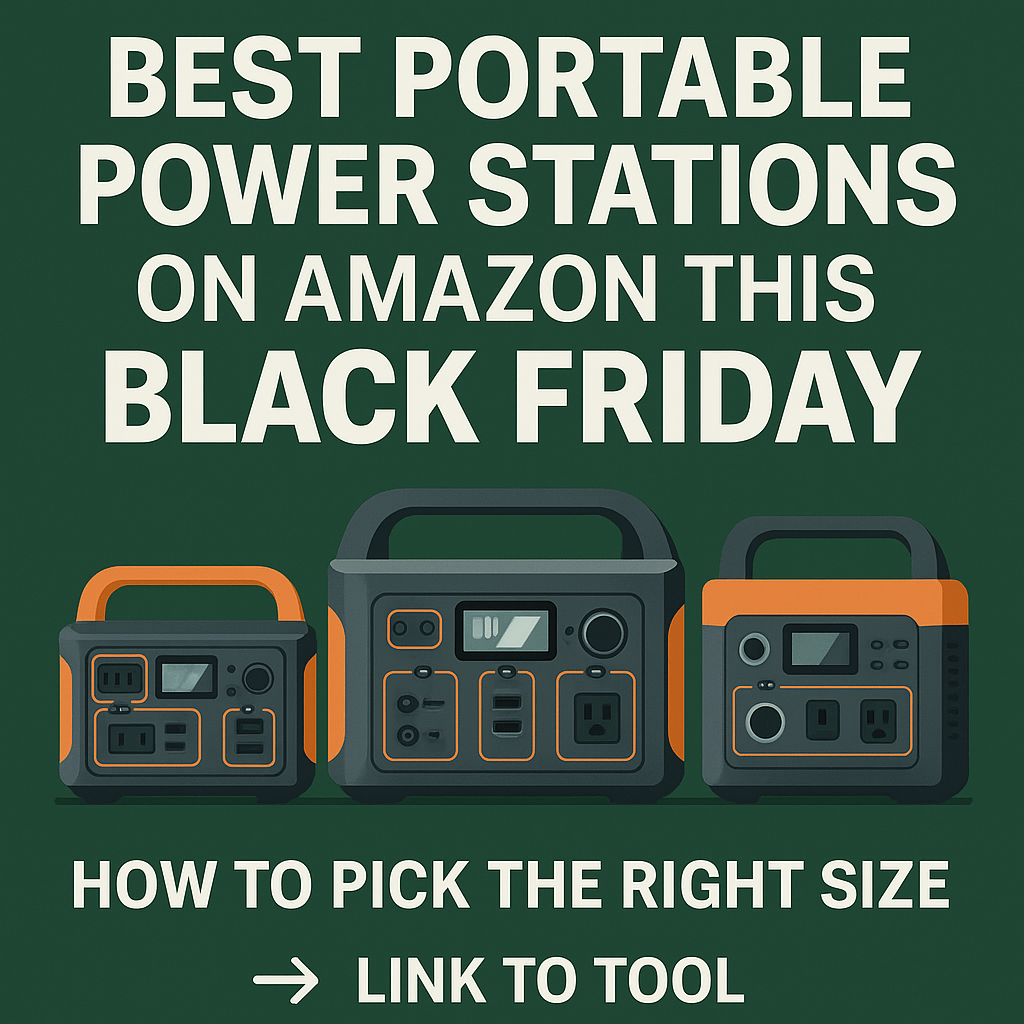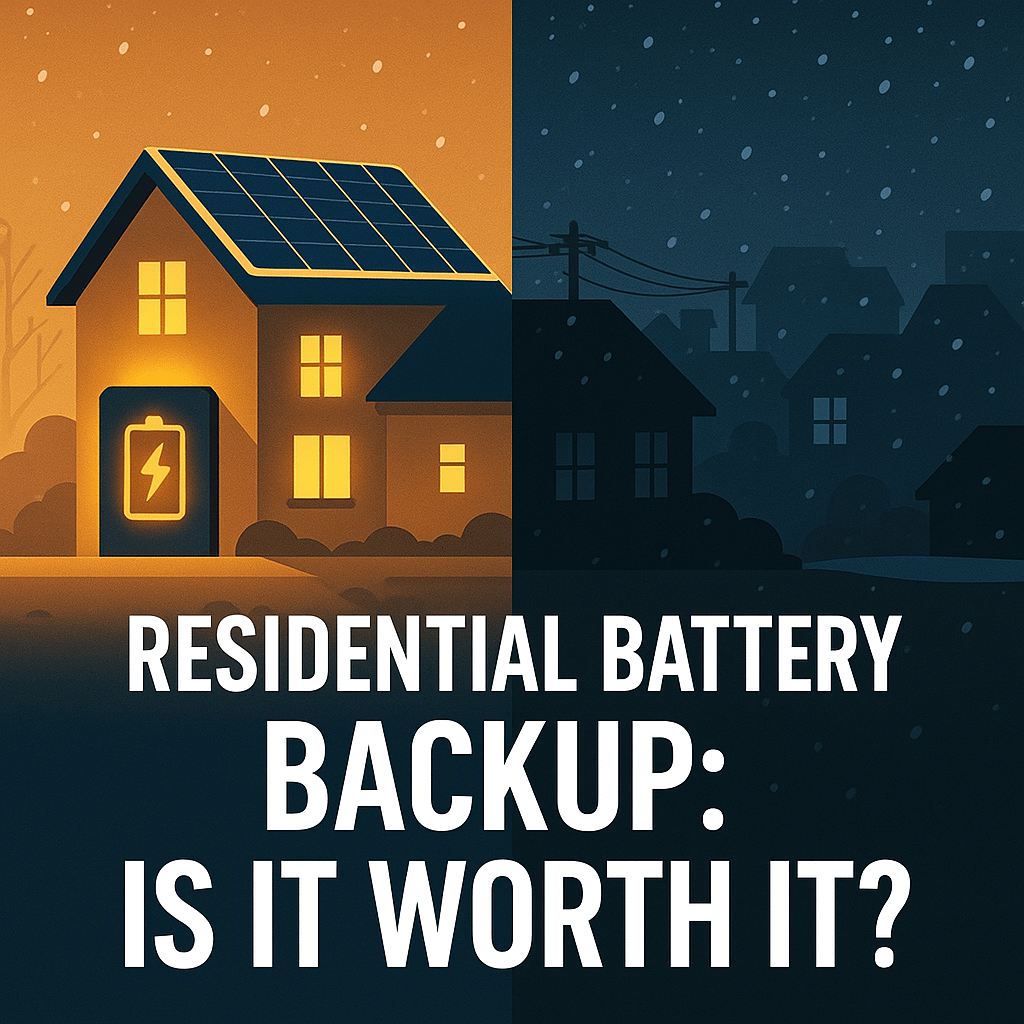At the end of the day it doesn’t suck to save money does it? Solar power used to be a venture reserved for the truly committed. It was a passion project for technophiles, environmentalists and committed off-grid’ers. But a lot has changed since Bell Laboratories patented the first silicon solar cells 1957.
Federal Rebates
Before we get into the histrionics or state incentives, let’s start here. Because, no matter what state you live in, federal rebates will whittle down the price tag of your solar photovoltaic (PV) system. And not just by a little bit either, the Federal rebates are substantial. At least for now…
Way back in December of 2020, Congress passed a giant bill with Covid relief measures. Included in that bill, and more relevant here, was an extension to the Investment Tax Credit or ITC (which we’ll get into later).
The ITC knocks off over a fifth of the cost of your solar investment. The Bill extended the ITC until 2024, at which point the rebate will become a substantially lower 10%.
The amount of the Federal rebate is scheduled to gradually decrease until settling “permanently” at this 10% in 2024. The rebate was made permanent by the passage of the Energy Policy Act of 1992. Of course, the ITC can be extended, modified or replaced altogether at any point.
But as it stands:
If your solar system is installed in 2022 you get a 26% rebate.
If your solar system is installed in 2023 you get a 23% rebate.
If your solar system is installed after 2023 you get a 10% rebate.
How Much Money Is That?
The ITC is a real deal, money back rebate (assuming you pay taxes). Let’s say you contract a company to install a $20,000 PV system in 2023. The next time you file your taxes, Uncle Sam is going to send you a check for 23% of that $20,000, or $4,600.
I am not a tax professional, nor am I any kind of financial advisor. This is not financial advice. But it doesn’t take a guru to point out that 23% is a big discount.
What Part of the System Installation can I Claim?
Everything! Well, everything related to your solar install. From paying for materials and contractors to taxes, the final bill for your solar installation will be the basis of your incentive payment.
The rebate is that simple. I have been though the exercise and can personally attest to it.
How Did We Get Here?
To better understand where things may be headed, it’s helpful to have some context.
Solar Energy Research, Development and Demonstration Act
In its infancy, the cost per watt for solar was offensive and cost prohibitive. That slowly started to change in 1970s when the US Congress passed the Solar Energy Research, Development and Demonstration Act. By passing a series of bills in the mid to late 70s the government was acknowledging a need to throw its considerable weight into finding alternatives to fossil fuels. The backdrop of this Congressional Act was a deflating economy paired with skyrocketing inflation and outrageous gas hikes… sound familiar?
Solar Investment Tax Credit (2006)
In no small part due to the government supported R&D, solar continued to plummet for decades. Then, in 2006 the Solar Investment Tax Credit (ITC) was passed. This is the rebate discussed above and it has fluctuated over the years. The ITC has varied from 10% to 30%. It’s currently at 26% and trending in the wrong direction if you’re considering solar.
Suddenly, thanks in no small part to government intervention, solar is now cost competitive with traditional fuel. Now, buying a solar system makes much more economic sense than it used to. Once the pot is sweetened with extra incentives, solar really becomes a no-brainer. We’ll break down the dollars and sense for you region by region shortly. But first, let’s discuss incentives that may be available right at your power meter.
Grid-tied Utility Incentives
Let’s talk about how your new system will interact with a connected power grid. Each utility is governed by different regulations, so it’s important to discuss and understand some specifics.
Net Metering
Net metering has a huge impact on the return on investment (ROI) of your PV system. If such a contract exists with your utility, it means you get to sell all the extra power you generate back to the grid, rather than wasting it, or “spilling” it.
If you are so fortunate, having net metering can negate the need for a battery backup in many cases. Or, at least make it harder to justify the cost of one. With net metering, the only reason you need batteries are for emergency back-up. See our article on power outage backups for more on this topic.
The bottom line is: if my grid is humming for all but two hours per year, it’s hard to justify a $10k + battery bank (unless you got it like that…). There are cheaper options to get through such a scenario.
In addition to negating your need for batteries, net metering is a more efficient energy “storage” option. You get 100% of the energy back from the grid that you put into it. While batteries these days are very, very efficient, the energy conversion processes will result in some losses. Especially if you need to switch back and forth between AC and DC.
Battery Backup
If your utility doesn’t offer a net metering agreement, it may be more beneficial to size a battery bank and minimize your reliance on the grid. If your utility has time of use rates, you can even program your battery to store power, or buy, when energy is cheap, and sell when rates are high. And with the proper authorizations and setup, a battery bank allows you to use your solar system in a power outage.
Are You Ready For Solar?
If you’re ready to start generating power on your rooftop, Evergreen Off-Grid can help you find the best deals. We have found the easiest way for you to get the best deals in your area, and we’re partnered with EnergySage to bring them to you.
EnergySage is the largest, most trusted solar education resource in the country. They serve as a consumer advocate to help energy customers learn about and comparison-shop for their rooftop solar, battery and community solar options.
Simply sign up (no phone calls required!) and receive multiple quotes to compare in one place.
EnergySage’s competitive marketplace is free to use and helps deliver up to 20% savings compared to the broader market. Additionally, their team of unbiased expert Solar Advisors can help you review your proposals and answer any questions you have along the way. So head over to the Solar Marketplace now and find the best solar solution for you!
So far, we have up to a 26% rebate if we act soon. We also get to offset our utility bill or replace it all together. To top it off, some States come through with icing on the cake. And while some states don’t offer rebates, it’s still a good idea to see if there are any local rebates available. Some Utilities, Counties, Cities or other localities may offer incentives when your State government will not. The following list only applies at the state level.
Alabama
Sorry, nothing… But you still get the federal rebate!
Alaska
No tax incentives here, but net metering is mandated so that helps.
The State of Arizona will start you off with up to $1,000 rebate. They’ll waive the sales tax and related property tax, and offer some payment on any extra energy you generate, although it won’t be at a 1:1 ratio as would be standard in a net metering situation.
Arkansas
Sorry folks, nothing but Federal rebates for you… Ask your utility about net metering and consider a battery!
California
Many of the incentives in California will be at the local level, so be sure to look into your locality. Net metering is available in California. They will charge you sales tax on your solar installation, but will not increase your property taxes in proportion to your increased property value.
Colorado
State level rebates are no more in Colorado. Apparently, they figured solar is now affordable and no incentive is necessary. On the upside, Colorado doesn’t charge you property tax on your system.
It’s kind of weird to think about property tax on your solar system, right? But let me break it down: when you buy a solar system, your property value increases. When your property value increases, your property taxes also increase. Colorado (and other states) says that’s not fair. They agreed that buying renewables shouldn’t increase your tax burden.
So, the value of your solar system is deducted from the value of your home when determining how much your tax bill will be. Not quite a rebate, but better than a poke in the eye.
You’re in luck, Connecticuters! In addition to federal rebates, Connecticut has a robust solar incentive program. By installing a solar PV system you can avoid paying Connecticut’s outrageous energy prices! The State will offer you low interest loans, they’ll waive the sales tax on your purchase and deduct the value of your solar upgrade when calculating the taxable value of your home. Good job, Connecticut!
While the State of Delaware doesn’t offer tax rebates, the Green Energy Program established in 1999, has resulted in utility run programs that offer thousands of dollars in rebates, proportional to the size of your system. Add these thousands of dollars in rebates to net metering and the federal rebates and you have a pretty solid suite of reasons for going solar.
Florida
As if living somewhere called the “Sunshine State” wasn’t incentive enough to get solar… Well, the State of Florida will also waive the sales tax on your system and exempt you from paying increased property taxes as a result of your new set up. Many, but not all, utilities offer net metering as well.
Georgia
Living in the Sun Belt, your system will thrive. Unfortunately, Georgia won’t offer you any help, but net metering will!
Plenty of sun, State rebates up to $5,000, net metering and property tax incentives make solar an excellent investment in this beautiful State.
Look at you Idaho! The State of Idaho offers an initial tax deduction of 40% of the cost of your system, then a 20% deduction for three years after. The deduction is capped at $5,000 per year. Some, but not all utilities offer net metering, so that’s worth looking into, along with possible low interest loan opportunities, solar is well supported in Idaho.
With the Illinois Shines program, Illinoisans become owners of renewable energy credits based on how much energy they generate. These valuable credits are then traded to Utilities that are mandated to have a certain amount of their energy portfolio dedicated to residential solar. Combine that with net metering and Illinois is very progressive in their attempts to add solar capacity to the grid.
Unfortunately, our sisters and brothers in the Hoosier State are beginning to sour on solar friendly policy. If you don’t install solar by the end of the year you will no longer be entitled to the 1:1 net metering those with existing systems will continue to enjoy for at least the next decade.
While a generous tax rebate sunset in 2022, Iowans will still enjoy residential and sales tax exemptions along with net metering.
Kansas
Net metering and property tax deduction sum up your help from the Sunflower State. It was almost worse. For a time, Kansas implemented a law allowing power providers to penalize customers with solar.
Rather than 1:1 net metering, rates are set by the Kentucky Public Service Commission for power sold to the grid. As of this writing the rate is set at just under 9.746 cents per kilowatt hour, which is less than the average 11.44 cents utilities charge for their dirtier energy. So not 1:1, but not bad either. That’s it in the way of incentives in Kentucky.
Louisiana
Louisiana is another State that values your electrons less than their big power companies’. You can sell excess generation back, but not at the rate your utility charges.
In Maine, you will benefit from net metering and a property tax exemption, but you will have to cough up the sales tax. No rebates are offered.
Thanks in part to the passage of the Clean and Renewable Energy Standard (CARES) Act, Maryland is very progressive in keeping solar rolling. In addition to paying no sales tax, net metering and a property tax exemption, you also earn Renewable Energy Credits as you generate power which will earn you even more cash back. Nicely done, Maryland!
The sun may not the most familiar sight in Massachusetts, but no matter, your State has your back! The Bay State will pay you up to a $1,000 rebate on your initial investment. On top of that, most of you will be paid an annual incentive based on the amount of energy you generate… for 10 years! If that wasn’t enough, you also get net metering, sales tax exemption and property tax exemptions as well. There’s your ray of sunshine, Massachusettsans!
Not a ton here to brighten up your day, Michiganders… You can get help with your loans and exempt the increase in home value from your property taxes… but that’s it.
Minnesota
Net metering and sales tax exemptions round out the list for Minnesota. But, there are some exciting opportunities in the Land of 10,000 Lakes, if you have the right provider.
Mississippi
Sorry Mississippi… nothing to report here.
Missouri
In Missouri, they will exempt your property taxes from your solar upgrade, but not much else at a State level. It is worth looking into local rebates in Missouri, check here.
Despite the best efforts of some politicians, at least you still have net metering! You will also be exempt from paying taxes on the increase in your property value if you install solar.
In the Cornhusker State you will need to pony up the tax on your solar system and the tax on the increased value of your home. Bummer… On the bright side, you do get net metering!
At the State level, net metering is all that is on offer for those of you looking to install solar. But at the planetary level… the intensity of the sun down there is excellent for your solar prospects.
New Hampshire comes in pretty strong with up to $1,000 in up front rebates, net metering and allows local property tax exemption as well.
New Jersey also has a strong incentive program. In addition to sales tax and property tax exemptions, New Jersey offers renewable energy credits that could pay you hundreds of dollars annually for 15 years.
New Mexico
If you’re adding solar to your home in New Mexico you get tons of sun, sales tax and property tax exemptions and more. The Solar Market Development Tax Credit will shave up to $6,000 off the cost of your new system.
New York has loads of incentives. In addition to thousands of dollars in possible rebates, sales tax and property tax exemptions, they also offer net metering. Although, new system installations will be paid at a slightly lower rate.
North Carolina
North Carolina will exempt the increase in your property value from your taxes and allows net metering.
North Dakota
North Dakota will exempt the increase in your property value from your taxes and allows net metering.
In Ohio, you can benefit from earning Solar Renewable Energy Credits and selling them, a sales tax exemption and net metering. Not bad.
Oklahoma
Oklahoma will give you no tax relief for your solar project. Net metering is available.
Rebates are available in Oregon. You will need to find out what is available to you in your locality. You also get to benefit from net metering!
In Pennsylvania you will benefit from net metering and you will accrue Solar Renewable Energy Credits, which can be exchanged for money. They do not, however, offer exemptions on the sales tax or the increased property tax after insall.
Rhode Island offers generous net metering and tax exemption incentives. There are also some grants available annually that may contribute thousands to your up-front costs.
Net metering, property tax exemptions and a generous rebate. South Carolina represents well in solar incentives.
South Dakota will forgive your property tax increase, but net metering is out of the question as explained in the linked article above.
Tennessee
Tennessee will cut you some slack on your property tax and sales tax. The Tennessee Valley Authority offers to buy excess energy at a set rate, but a traditional net metering agreement does not exist.
Texas
As we all know, Texas is a large state. They aren’t offering tax rebates or other incentives at the state level, but there are opportunities available in many localities. This is also true for net metering. The one state level incentive that is offered in Texas is forgiving the tax burden from the increased value of your home.
Through 2023, new solar installations will net you a few hundred bucks rebate from the State of Utah through the Renewable Energy Systems Tax Credit. A net metering structure is also in place, although no longer 1:1.
Vermont
Vermont offers the standard suite of sales tax and property tax exemptions along with net metering.
Virginia will exempt you from the increase in property taxes and also offers net metering.
Washington
What was once a very robust rebate program in Washington State has now sunset. Net metering is available and sales tax is exempt. Unfortunately, they will not let you slide on the property tax bill after your home value jumps from your solar installation.
West Virginia
West Virginia doesn’t take too kindly to solar energy. Your benefits end at net metering.
DC
In DC you earn Solar Renewable Energy Credits which can be exchanged for money. They also offer a property tax exemption.
Summary
The Federal rebate follows you no matter what state you live in, and it’s substantial. If you act fast, the rebate is over 20% of the entire cost to install your system. With large systems ranging in the $10s of thousands of dollars, 20% can be a massive benefit.
Policies vary from state to state. Common incentives that may be available to you are: rebate checks, Solar Renewable Energy Credits, net metering, sales tax and property tax exemptions and more. Always check with your local utility and jurisdictions for additional rebates. Call a professional Contractor when you’re ready and they will help you secure the incentives that are available in your area.
Act Now!
Predicting the end of solar installation incentives has been a bit like predicting the apocalypse. Many have made such pronouncements only to wake up trying to explain why we’re all still here. One thing is clear though, solar incentives are not trending in the consumer’s favor.
When I bought my solar array in 2015, the Federal rebate was 30%, and the state of Washington cut me a check five years in a row for about 5 – 10% of the total cost of my installed solar PV system. I have now received all of my rebate checks, but I continue to benefit from net metering as I have from the moment my system went on line.
If I bought the same system today, my Federal rebate would be 26%. I would miss out on thousands of dollars from the State of Washington. I would, however, still have the sales tax waived and I would still be compensated with a net metering agreement.
The incentives aren’t gone. They are trending in that direction, but not gone. And, in my opinion, still substantial.
It’s possible the political winds shift in either direction. Incentives may actually go away some day soon. Or, it’s also possible Congress passes a bill that increases incentives. The current Administration passed an Executive Order invoking the Defense Production Act and also lifted Tariffs in order to flood the market with supply and bring down the cost of solar even further. If the market cost of installing solar becomes cheap enough, the rebates will no longer be necessary.
Thank You
Thank you for visiting our Off-Grid Community! Please drop a comment below! We want to hear from you! What would you like to hear about? Do you enjoy our services? Consider leaving us a tip!
info@evergreenoffgrid.com





